18 safety tips for foods 12
Fire
- If a fire ever starts, tell your teacher so it doesn’t get worse

- Never ever put water over a grease fire, put a lid over a grease fire or dump baking soda. Using water will make it explode.

Burns/Scalds
3) If you get a 1st degree burn, run it under cold water until it stops burning, this is the first step in healing a 1st degree burn. If the degree is worse, seek medical attention immediately. 4) Don’t wear baggy clothing, you’re clothes could catch on fire more easily. This prevents getting a burn.
4) Don’t wear baggy clothing, you’re clothes could catch on fire more easily. This prevents getting a burn. 
Chemicals
5) Store chemicals away from the food, storing chemicals near food could cause cross contamination 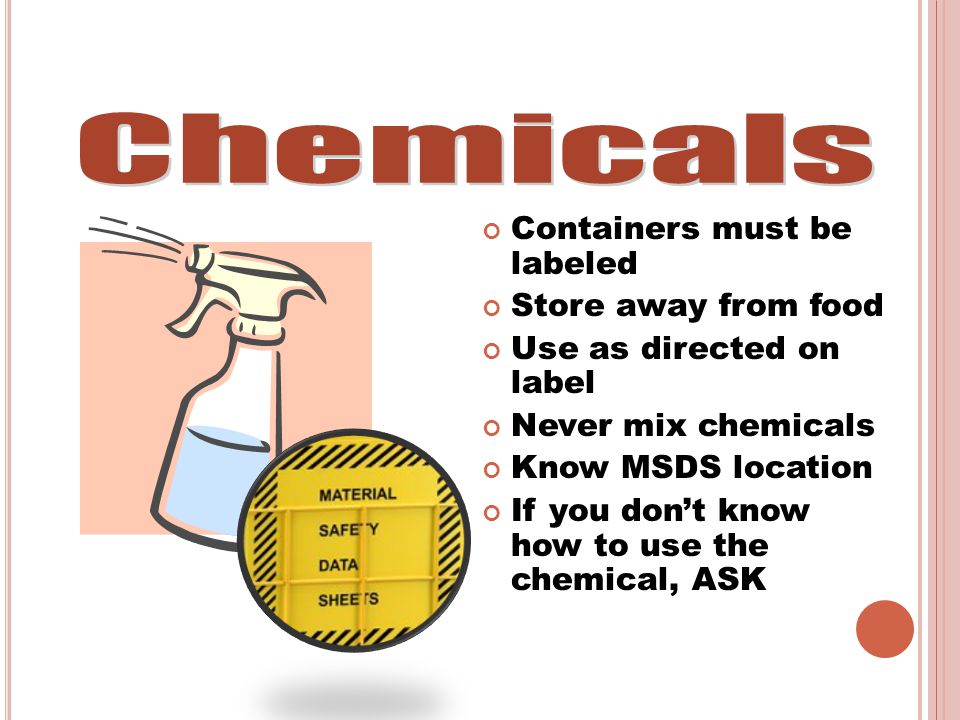
6) Read all the instructions and warnings on whatever chemical you’re going to use
Slips/trips/falls
7) Clean up any spills on the floor asap to prevent slipping and falling 
8) Keep your frying pans turned toward the center of the stove or at least not turned away from the stove to prevent bumping into it 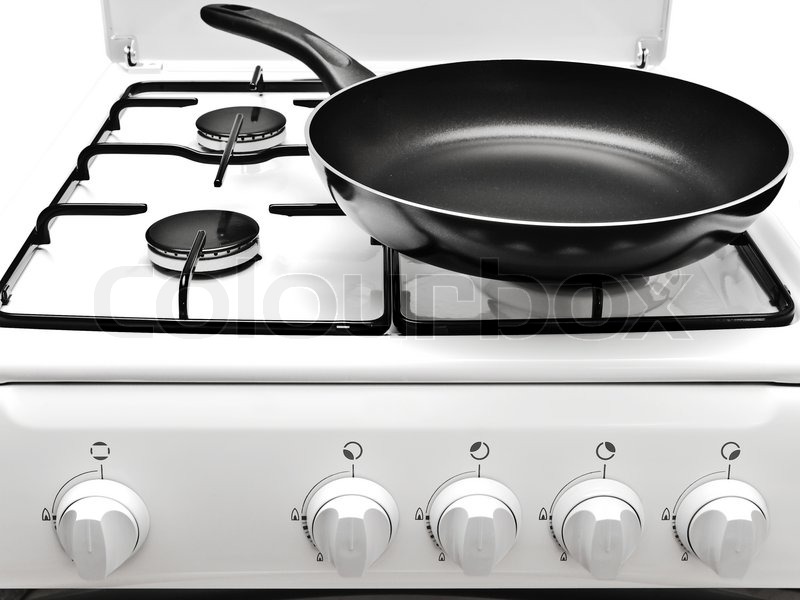
Cuts
9) First aid treatment for a cut is:
Clean the wound by rinsing it under running water or using alcohol-free wipes. Pat it dry using a gauze swab and cover it with sterile gauze.
10) Don’t put knives into soapy water, you won’t be able to see it underwater and you could cut yourself 
Heavy Lifting
11) Plan the lift. Where is the load going to be placed? Use appropriate handling aids where possible. Will help be needed with the load?

12) Lift with your legs, not your back. You could get injured lifting with your back.
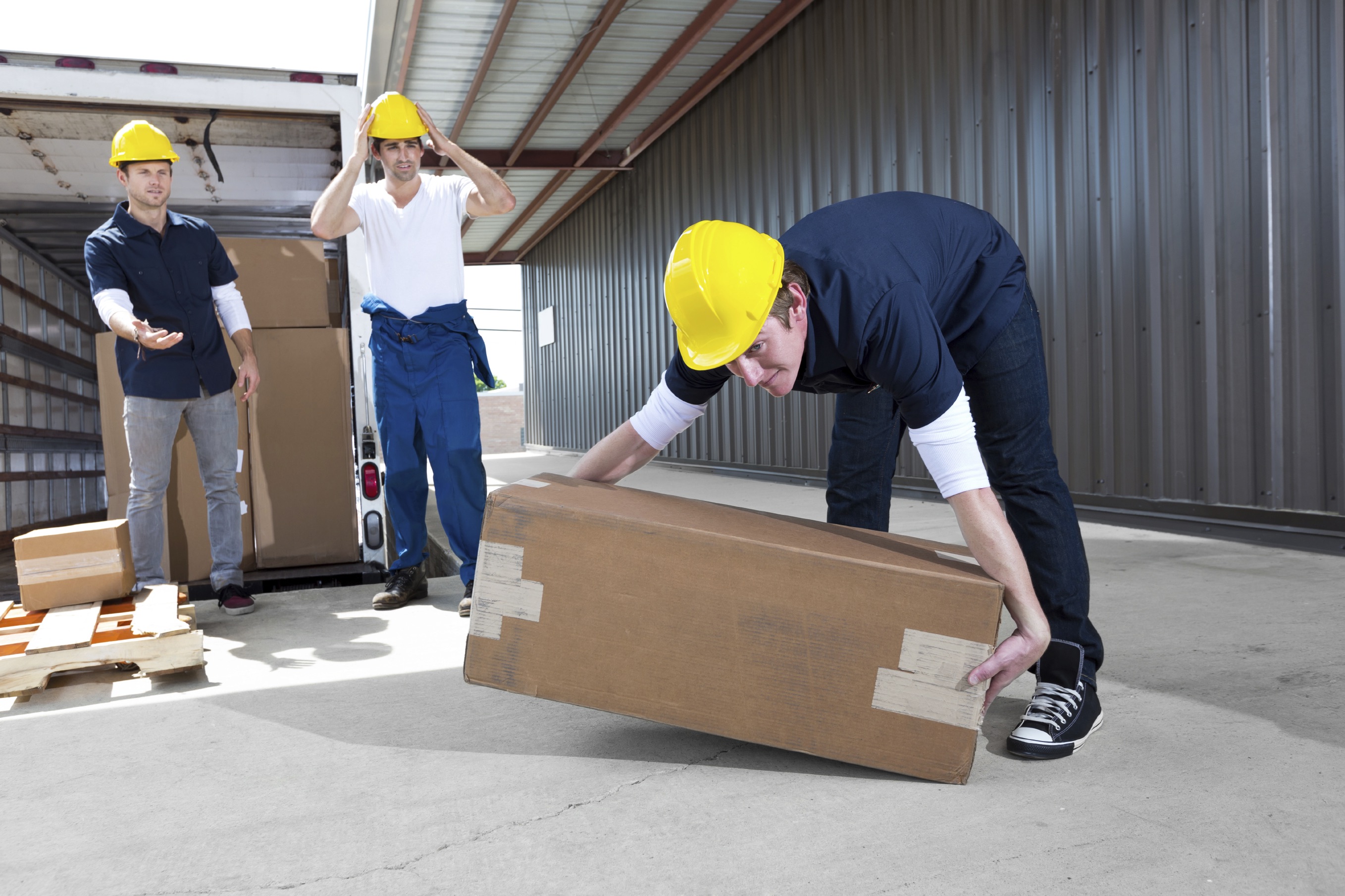
Prevention of food poisoning
13) Store meat at the bottom of whatever shelfing you are using, that way if any juices from the meat drips, it won’t drip on anything like lettuce or other vegetables and contaminate the vegetables with salmonella or other bacteria.
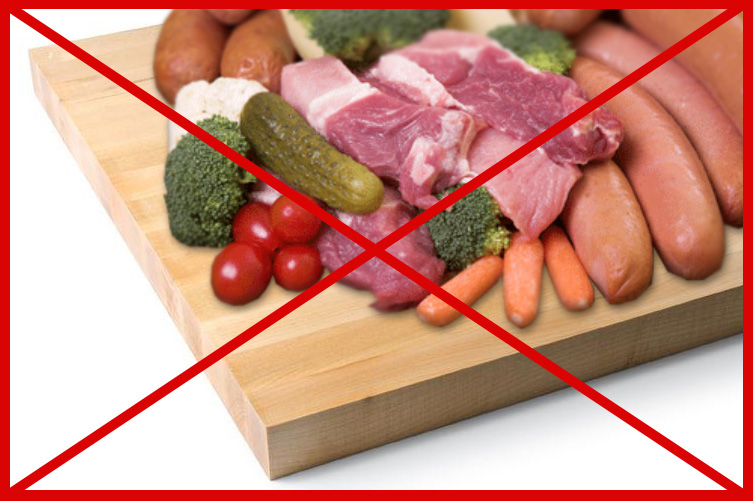
14) Sanitize your cutting board and any surface that has made contact with raw chicken. This can prevent cross contamination.

Waste management
15) Be smart where you put your waste. Don’t put non recyclables in the compost bin and don’t put recyclables in the garbage bin.

16) Clean out your compost bin after each lab to help maintain cleanliness in the kitchen
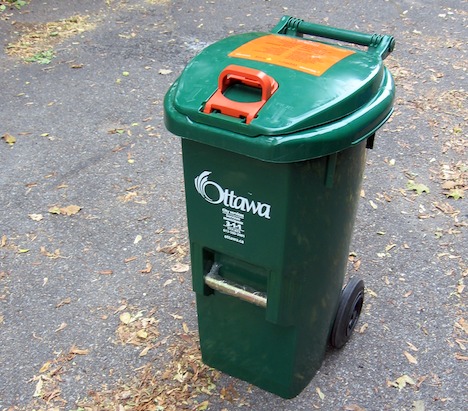
Personal hygiene
17) Wash your hands whenever you can, the most important times are before the lab and whenever you cough or sneeze
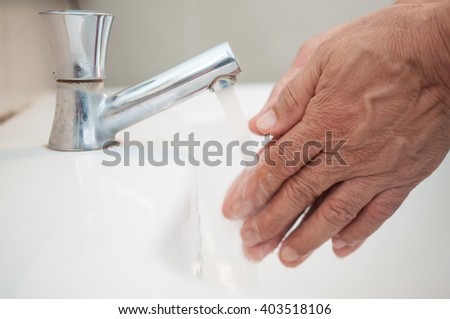
18) It’s better to take the sick day off if you’re work is cooking, it’s much easier to pass on a cold or a virus through the food you serve

